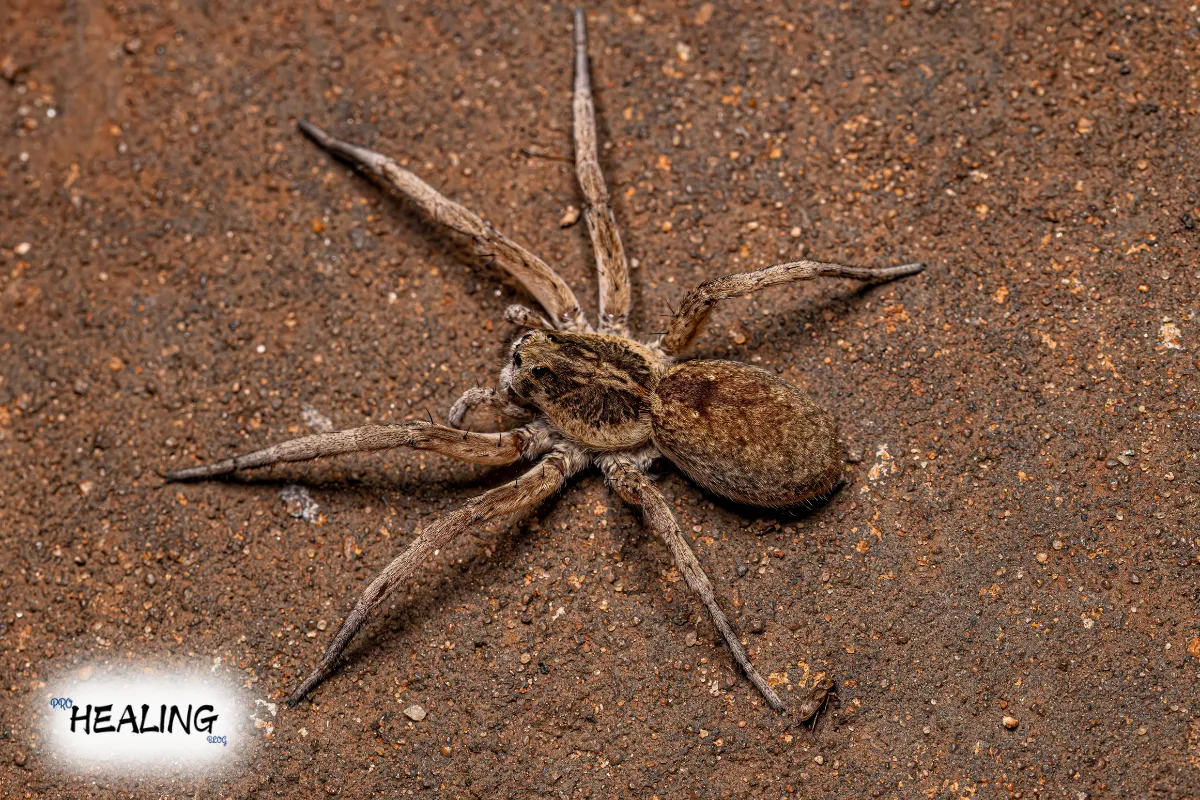When I first packed for a summer road trip through Tennessee, I expected rolling hills and lively music. Yet something else became part of the journey—meeting the many spiders in Tennessee. From cabin walls to garden paths, eight-legged travelers joined my travels. I first noticed a delicate garden orb weaver in Chattanooga, then bumped into a bold wolf spider in Knoxville. Alongside spiders in Tennessee pictures, I learned that some are harmless while others can cause bites that need medical attention.
Tennessee hosts a variety of spiders: house spiders in Tennessee that quietly spin webs, wolf spiders in Tennessee that roam the ground, and even bigger ones like huntsman–style species. The locals taught me about poisonous spiders in Tennessee—mostly recluse and widow species—while I learned to respect nature and stay safe.
Every night in different motels, I’d spot a black house spider Tennessee or glimpsed biggest spiders in Tennessee crawling across porches. I was curious how each species lived and why they appeared in our story. My fascination grew. Soon, I was on interviews with naturalists and exploring local paths to find creatures like trapdoor spider Tennessee. Tennessee’s spider world became another chapter in my travel diary, showing that health isn’t just about people—it includes understanding the animals we share spaces with.
Spiders in Tennessee and health: bite prevention tips
Meeting spiders on the trail became part of my Tennessee adventure. Yet it also turned into a lesson about taking care of my health. Whether you spot a gentle orb weaver or a speedy wolf spider, knowing how to prevent and treat bites is important. In summer, especially, some spiders have stronger venom. Small bites might sting, but larger ones—like a wolf spider bite—could cause swelling, pain, and bruising.
Health-focused spider safety steps:
-
Wear shoes and long pants when walking in tall grass to avoid stepping on spiders
-
Shake out clothes and shoes left outside overnight before wearing
-
Use gloves when digging soil around cabin gardens—especially near trapdoor spider Tennessee burrows
-
Look out for spider habitats, like wood piles or old buildings—common homes for poisonous spiders in Tennessee
-
Clean and disinfect any bite right after it happens to reduce infection risk
-
Visit a doctor if heavy swelling, fever, or severe pain appear after a bite
Record a bite on your phone, and show images to a physician. Fortunately, most house spiders in Tennessee or jumping spiders in Tennessee are harmless. Still, health education is key. Doctors remind travelers that venomous species are rare but bites can sneak up when least expected. During my trip, I made it a habit to check camp areas and shake out gear. That simple routine protected both my health and curiosity.
Common spider species found in Tennessee
Traveling through Tennessee taught me about more than barbecue and banjos. It taught me about the many spider species that live there. Some are small, some big, but all are part of the ecosystem.
Popular spider types spotted:
-
Orb weavers – round webs, shy nature
-
Wolf spiders – large, fast runners, often seen near buildings
-
House spiders – web‑spinters found indoors around corners
-
Jumping spiders – curious, bright eyes, fun to watch
-
Trapdoor spiders – ground dwellers, hide in camouflaged burrows
-
Black widows – venomous, shiny black with red hourglass
-
Brown recluses – venomous, violin‑shaped marking
-
Huntsman‑style spiders – massive legs, rare in Tennessee but occasionally seen
Tennessee also has claims of spiders in Tennessee for sale like tarantulas, but those are usually from specialty breeders. No tarantulas live wild in Tennessee. Still, occasionally wildlife control calls happen when big spiders appear in homes.
Along the way, I came across a wolf spider as big as my palm. These wolf spider size impressions taught me that Tennessee hides a world of very common—yet overlooked—animals under leaves, rocks, and porches. Through guides and photos, I understood that even dangerous species like the brown recluse like old barns and woodpiles but are shy of people. That made me respect them from a distance—not fear them unnecessarily.
Spiders in Tennessee: Travel safety for young explorers
If your family is exploring Tennessee’s trails, caves, or farmhouses, spiders might be by your side. But being prepared and aware means your adventure stays safe—and fun.
Family Spider‑safety travel tips:
-
Inspect sleeping areas before bedtime
-
Keep luggage zipped and off the ground
-
Carry a basic first-aid kit with antiseptic and bandages
-
Take photos of odd spiders to help with identification
-
Learn local emergency numbers for bite treatment options
-
Travel with guides or rangers who know local wildlife
Preventing bites is easy with smart gear and habits. Even though stories of where is the deadliest spider found can be scary, Tennessee’s dangerous spiders (like brown recluse and widow) are rare and generally found in old, undisturbed structures—not out hiking in forests.
Protecting health and curiosity
When wandering forest trails or exploring riverfront towns, encountering spiders became a fun part of the journey—not something to fear. I took pictures, learned their names, and checked for bites. Health remained a top priority. I avoided sleeping on open ground, shook out clothes before wearing them, and carried disinfectant wipes at all times.
After the trip, I realized the stories of spiders—from common jumping spiders in Tennessee to warnings about wolf spider bite risks—weren’t frightening. They showed me how we share this world. Safety and curiosity can coexist.
FAQs
Are there any poisonous spiders in Tennessee?
Yes. Venom‑bearing species include black widows and brown recluse spiders. Still, bites happen rarely and most spiders are harmless.
What is the most common spider in Tennessee?
Orb weavers, wolf spiders, and house spiders are frequently found—especially near homes and nature trails.
What is the largest spider in Tennessee?
Wolf spiders are big—some spread over 2–3 inches in size when legs are included. Huntsman‑style species also appear occasionally.
Are there tarantulas in Tennessee?
No wild tarantulas live in Tennessee. Any seen are likely kept as pets or brought in from other states.
Where is the deadliest spider found?
In Tennessee, brown recluses and black widows are considered the most dangerous. But their bites are not common here.
Conclusion
Spiders in Tennessee were unexpected travel companions during my health-conscious summer journey.They showed me that even tiny things have lessons to teach—about paying attention, being careful, and enjoying life around us. From porch steps to leaf cover in the woods, each meeting reminded me that health comes with respect for everything living. So the next time you spot a spider on your Tennessee travels—say hello from afar, remain peaceful, and remember: curiosity and health can walk hand in hand.






